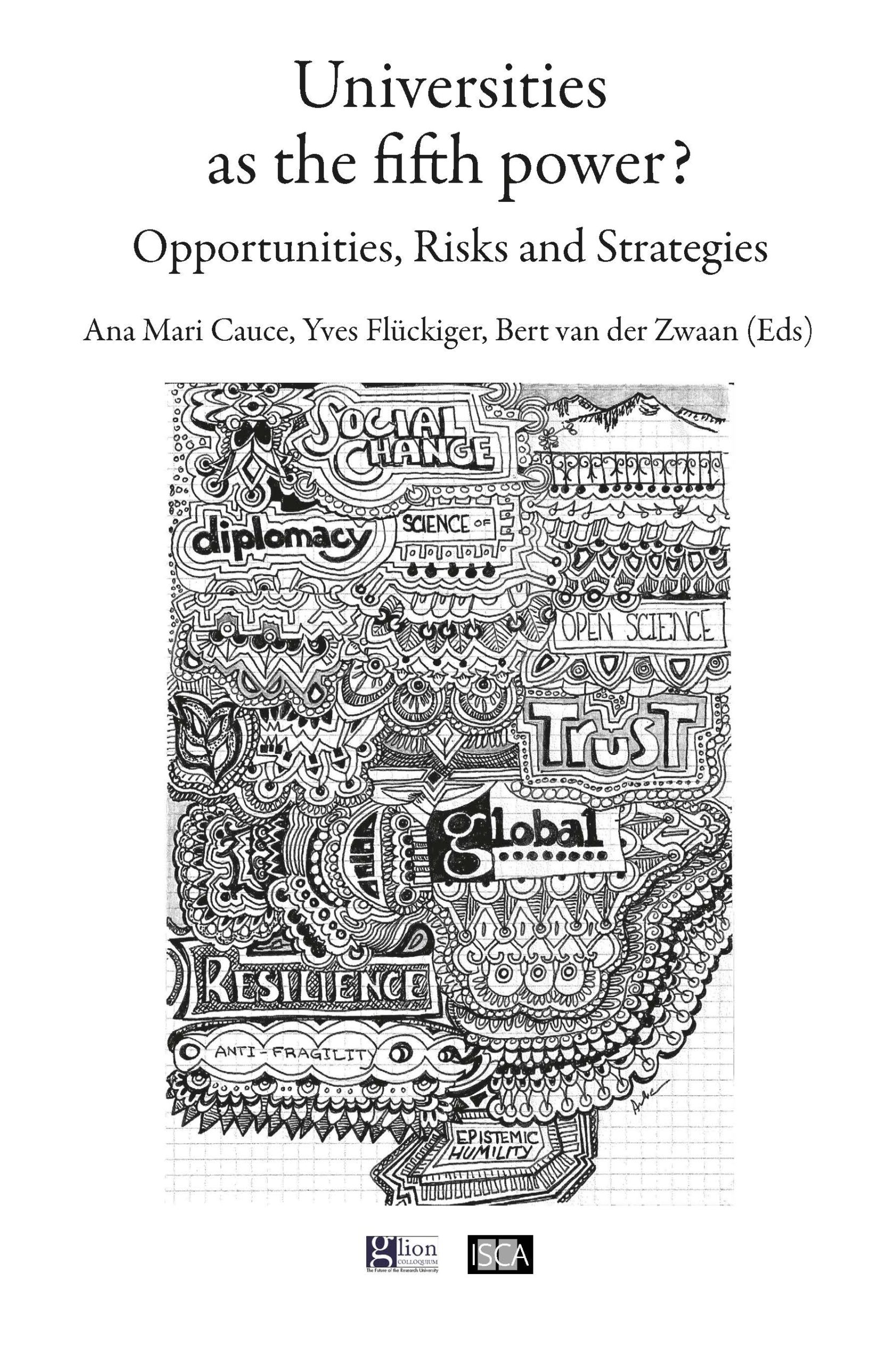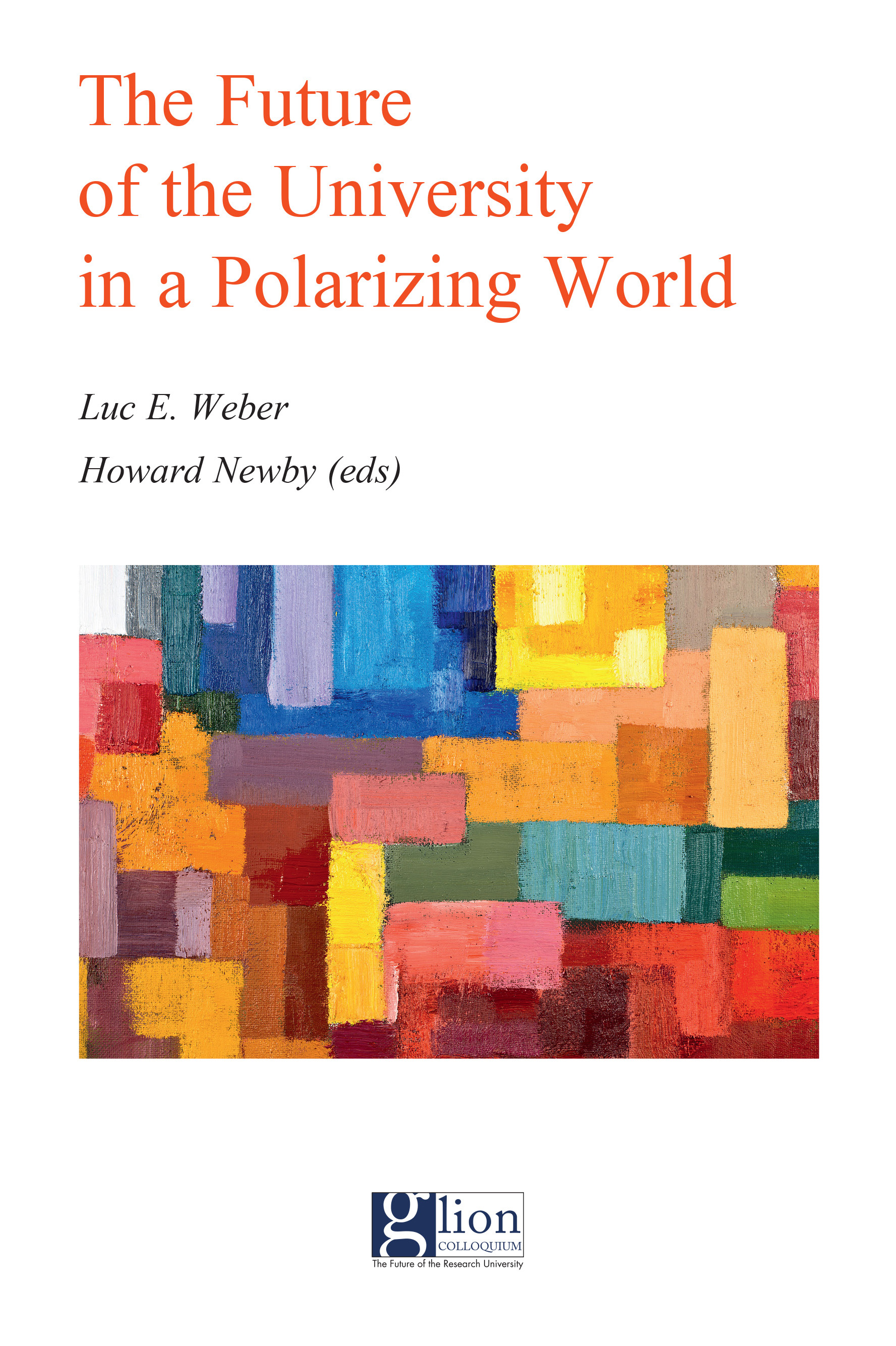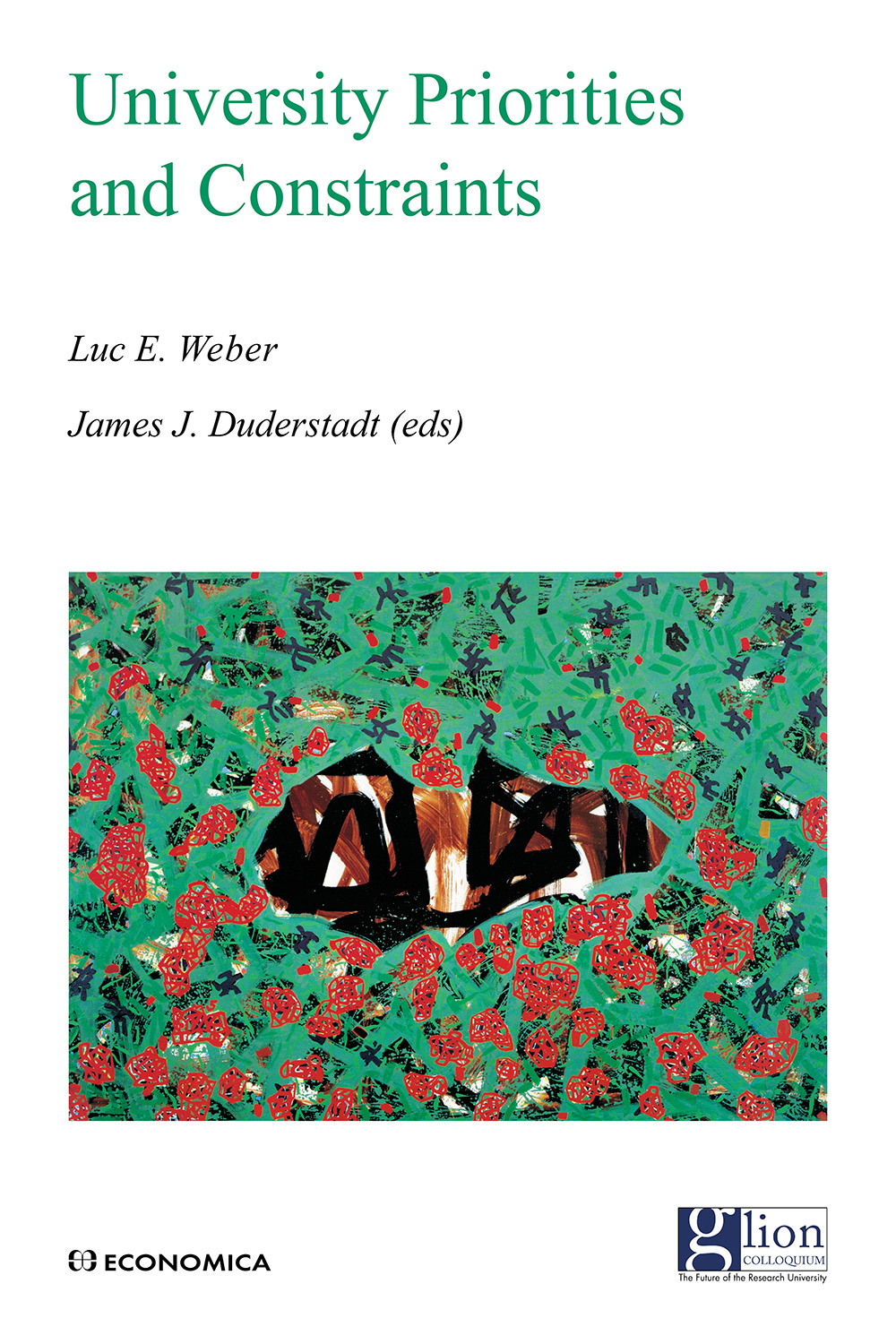
by GK | Jun 21, 2024 | Books and other publications, Glion Book
Luc E. Weber and Bert van der Zwaan (eds) The Glion Colloquium , Volume Nr. 12, Geneva (2020) This twelfth volume of Glion Colloquiums provides a striking kaleidoscopic perspective of the fast-changing environment of University activities and its consequences for...

by Boillat Jean-Philippe | Mar 4, 2024 | Glion Book
Ana Mari CAUCE, Yves FLÜCKIGER, Ivanka POPOVIĆ The Glion Colloquium, Volume Nr. 14, Geneva (2024) This 14th volume of the Glion Colloquia provides an insight into resilience and how universities can enhance it for the benefit t of society. Universities seek...

by GK | Mar 4, 2022 | Glion Book
Ana Mari Cauce, Yves Flückiger, Bert van der Zwaan (Eds)The Glion Colloquium , Volume Nr. 13, Geneva (2022) This 13th volume recording the Glion Colloquiums provides a striking set of ideas concerning the communication and exchange of research universities with...

by LW | Nov 24, 2019 | Glion Book
Luc E. Weber and Bert van der Zwaan (eds) The Glion Colloquium , Volume Nr. 12, Geneva (2020) This twelfth volume of Glion Colloquiums provides a striking kaleidoscopic perspective of the fast-changing environment of University activities and its consequences for...

by LW | Jan 1, 2018 | Glion Book
Luc E. Weber and Howard Newby (eds) The Glion Colloquium , Volume Nr. 11, Geneva (2018) This volume provides a fascinating perspective on the challenges facing Research Universities worldwide in an increasingly uncertain future. Breakthroughs in science and...

by LW | Jan 1, 2016 | Glion Book
Luc E. Weber and James J. Duderstadt (eds) Economica, Glion Colloquium Series Nr. 9, London, Paris, Genève (2016) Two dozen leaders of the world’s most distinguished universities gathered in Glion-above-Montreux, Switzerland, to compare how their institutions best...







